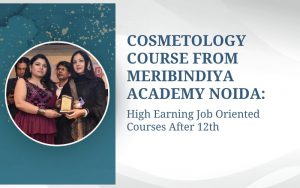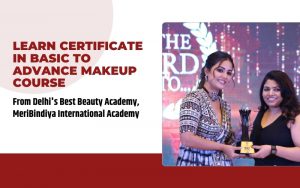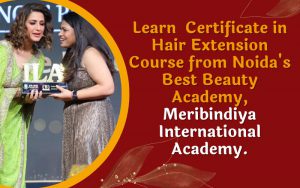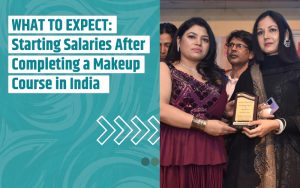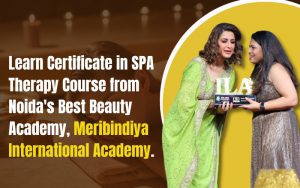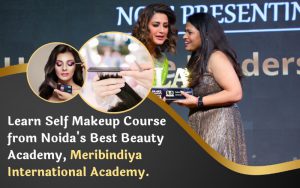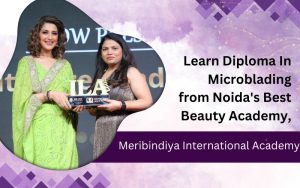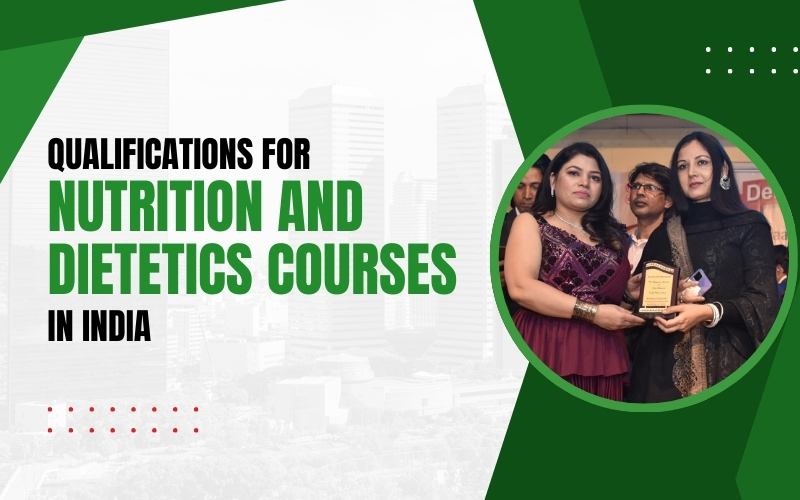India, with its diverse culinary traditions and a growing emphasis on health and wellness, is witnessing an increased demand for qualified nutritionists and dietitians. Aspiring individuals keen on making a mark in this dynamic field often find themselves navigating a maze of educational pathways. In this in-depth exploration, we unravel the qualifications required for pursuing a Nutrition and Dietician course in India, shedding light on the academic, professional, and regional aspects that shape the journey towards becoming a certified nutrition expert.
Bachelor’s Degree in Nutrition and Dietetics:
The first step for anyone aspiring to enter the world of nutrition and dietetics in India is to pursue a bachelor’s degree in the field. Several universities and colleges across the country offer programs that cover the essentials of nutrition science, food technology, and dietetics. It’s crucial to choose a program recognized by the University Grants Commission (UGC) or other relevant educational authorities.
Relevant Coursework:
The curriculum for a bachelor’s program typically includes courses such as:
· Basics of Nutrition
· Human Anatomy and Physiology
· Food Chemistry
· Dietetics and Therapeutic Nutrition
· Community Nutrition
· Food Microbiology
Cosmetology Course from Meribindiya Academy Noida: High Earning Job Oriented Courses After 12th
Internship Component:
Many accredited programs in India integrate a practical internship component, providing students with hands-on experience after dietician course. This exposure is instrumental in bridging the gap between theoretical knowledge and real-world application. Students often get the opportunity to work in hospitals, community health centers, or wellness organizations during their internships.
Master’s Degree in Nutrition or Dietetics:
While a bachelor’s degree provides a foundational understanding, aspiring professionals may choose to pursue a dietician master’s degree for specialized knowledge and advanced career prospects. Master’s programs often delve into areas such as clinical nutrition, sports nutrition, or public health nutrition. Universities like the All India Institute of Medical Sciences (AIIMS) and Tata Institute of Social Sciences (TISS) offer esteemed postgraduate programs in the field.
Research Opportunities:
Pursuing a master’s degree also opens doors to research opportunities, allowing students to contribute to the evolving field of nutrition and dietetics. Research experience can be particularly beneficial for those interested in academia or roles that involve shaping public health policies.
Professional Certification in India
Registered Dietitian (RD):
In India, the title of “Dietitian” is often legally protected, and individuals practicing as dietitians are required to be registered with the Indian Dietetic Association (IDA). To become a Registered Dietitian (RD), one needs to complete a dietician certificate course and dietetic internship accredited by the IDA and pass the national registration examination. This certification is essential for those aiming to work in clinical settings, hospitals, or private practice.
Diploma In Advanced Beauty Aesthetics
State-level Certifications:
Some states in India may have their own certifications or licensing requirements for dietitians. It’s essential for aspiring professionals to be aware of and comply with any regional regulations that may exist.
Ongoing Professional Development in the Indian Context
Continued Learning and Workshops:
Nutrition is a field that constantly evolves with new research findings. After their education like Diploma in Nutrition and Dietician, Nutritionists and dietitians in India are encouraged to participate in workshops, seminars, and conferences to stay abreast of the latest developments and trends. Professional organizations such as the IDA often organize events that facilitate ongoing learning.
Working in Food Policy and Advocacy: Promoting Health and Nutrition on a Larger Scale
Nutrition and Wellness Conferences:
Attending national and international conferences focused on nutrition and wellness provides professionals with opportunities to network, learn from experts, and gain insights into emerging areas of the field. Events like the International Congress of Dietetics offer a platform for knowledge exchange.
Public Health Initiatives:
Given the diverse healthcare landscape in India, nutritionists and dietitians may find fulfilling careers in public health initiatives. Involvement in programs addressing malnutrition, lifestyle diseases, and community health can be a rewarding aspect of professional development.
What to Look for in a Hair Extension Course?
Challenges and Opportunities in the Indian Nutrition Landscape
Diverse Dietary Patterns:
India’s cultural and regional diversity reflects in its dietary patterns. Nutritionists and dietitians need to be adept at creating customized diet plans that consider cultural preferences and local ingredients. Understanding the nuances of regional diets is crucial for effective counseling.
Emerging Trends in Urban and Rural Settings:
Nutrition professionals in India face the challenge of addressing health disparities between urban and rural populations. While urban areas grapple with lifestyle diseases, rural communities may face issues related to malnutrition. Professionals need to be equipped to address these varied health concerns.
The Different Types of Eyelash Extension Techniques Taught in Courses
Conclusion
A career in nutrition and dietetics in India is a journey that requires a combination of academic prowess, practical experience, and adherence to professional standards. From earning a bachelor’s degree in nutrition to pursuing specialized master’s programs, and obtaining certifications like RD, the qualifications landscape is multifaceted. Aspiring professionals must also navigate the unique challenges and opportunities presented by India’s diverse cultural and health landscape.
Continuous learning and staying updated with the latest research are pivotal for success in the ever-evolving field of nutrition and dietetics. By acquiring the right qualifications from reputed institutions like MeriBindiya International Academy, adhering to professional standards, and being attuned to the specific needs of the Indian context, individuals can contribute meaningfully to the health and well-being of communities across the country.
For further details
MERIBINDIYA INTERNATIONAL ACADEMY


